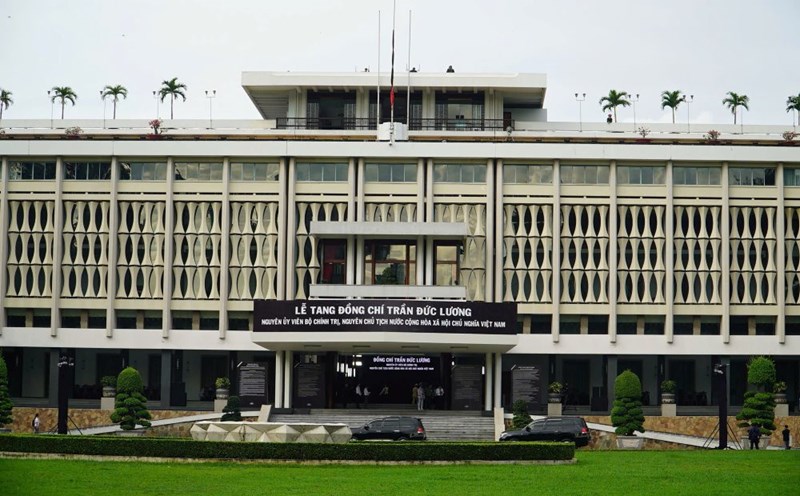At the National Assembly session on May 5, 2025, Minister of Industry and Trade Nguyen Hong Dien officially presented the proposal to establish this Fund in the draft revised law. The fund is expected to play a financial lever, helping businesses - especially small and medium enterprises - access preferential capital, invest in new technology, improve energy efficiency and meet green standards in the global supply chain.
Not only bringing economic benefits, the Fund also contributes to reducing pressure on the State budget by supporting energy efficiency projects that have long repayment periods and have difficulty accessing commercial credit sources. In addition, the establishment of the Fund also helps promote the energy service market ( UNESCO) - a field that is very potential but still faces many barriers due to the lack of guarantee mechanisms, co-sponsorship and technical support.
According to the proposal, the Fund will be established by the Prime Minister, operating under the socialization model, not overlapping with the state budget. The fund operating capital is expected to come from international development partners such as WB, EU, Danida, along with green bonds, carbon credit and capital contribution participation of the private sector.
Regarding functions, the Fund will provide preferential loans, interest rate support, non-refundable sponsorship for energy-saving projects; credit guarantee; at the same time, organize training programs to improve professional capacity for technical staff and business management.
This proposal received the approval of the National Assembly's Committee on Science, Technology and Environment, with the reason: This is a tool to institutionalize Resolution 55-NQ/TW on energy development strategy and is a specific action to implement the commitment to bring net emissions to zero by 2050 in the spirit of COP26.
International reality shows that the Energy Saving Fund model has been effective in many countries. In Thailand, ENCON Fund operates with revenue from fuel taxes, multi-layered support from businesses to the community. In California (USA), clean energy funds operate under a co-financing mechanism and a recovery from savings. Germany also has an effective coordination model between the reconstruction bank KfW and technical agencies in providing green credit packages with investment supervision.
However, for this model to be successful in Vietnam, it is necessary to quickly complete the legal corridor for establishing and operating the Fund, building a transparent measurement - reporting - verification system for energy saving efficiency. At the same time, it is necessary to design a mechanism for mobilizing private capital to be attractive enough, avoiding repeating the situation of "lack of input, output stuck" of many Funds today.
If implemented methodically and transparently, the Energy Saving and Efficient Use Promotion Fund will not only be a place to provide finance - but also a place to create green value, spread positive energy to Vietnamese businesses and the economy in the journey towards a low-emission future, sustainable development.









